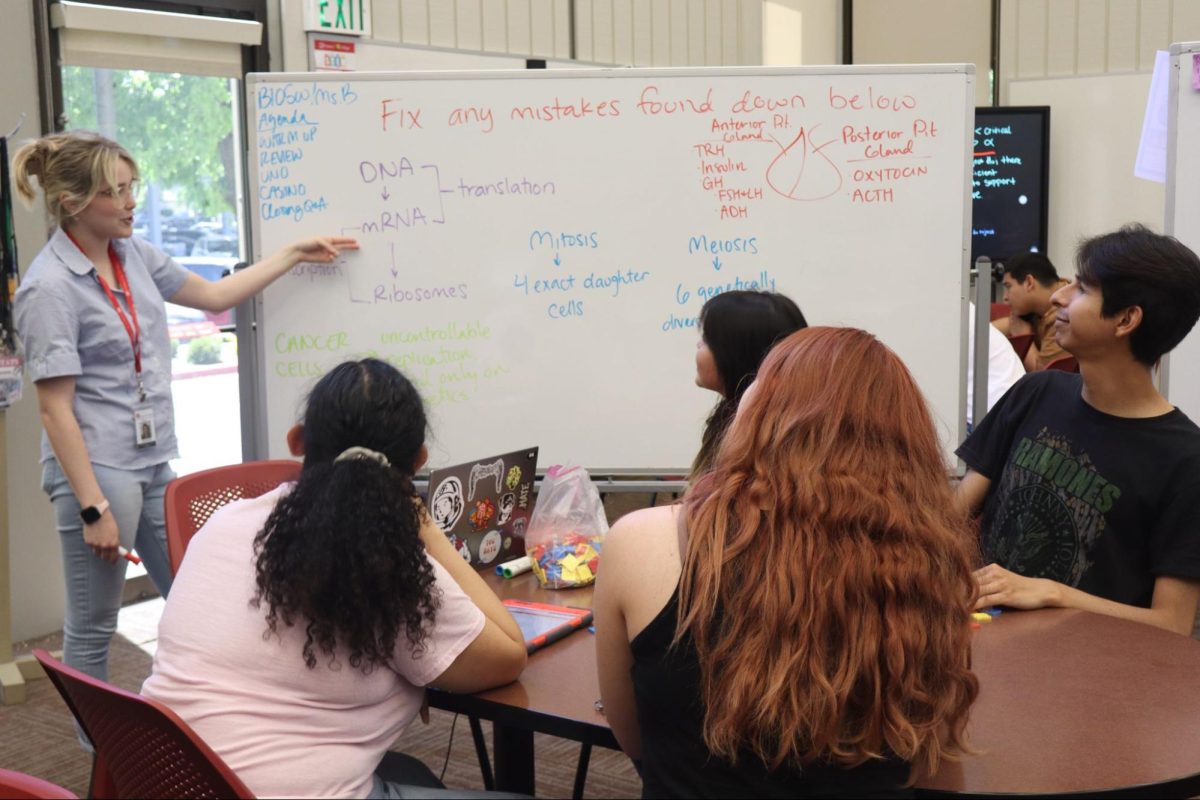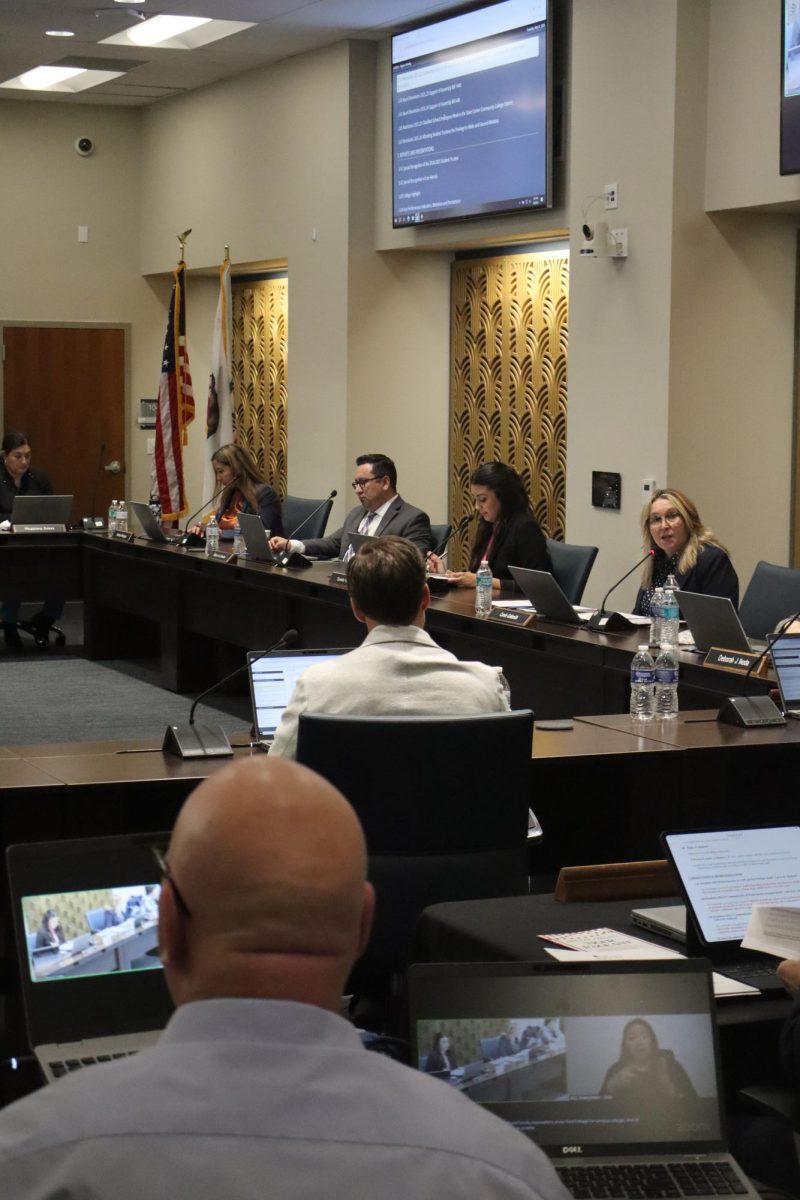Fresno City College’s on-campus restaurants, which serve an average of 2,000 students a day, faced 11 health code violations after two December inspections by the Fresno County health department.
The Rampage accessed the reports found on the Fresno Health Inspections Web site. They revealed that the Dec. 1, 2009 inspection by the Environmental Health Division cited both Campus Cafe and Pacific Cafe for violations. Among the worst of these were a pair of faulty refrigeration units, food debris build-up on fryers, and a blending unit with a direct connection to a sewer line.
A mandatory re-inspection of both facilities, which was conducted one week after the initial inspection, cleared Pacific Cafe of all citations. But inspectors noted that two violations remained at Campus Cafe – the improper drainage of the blending unit and the faulty refrigeration unit, which had grown worse since the first inspection.
Despite the repeat violations, county inspectors still ruled that the problems were not serious enough to warrant a shutdown.
The Campus Cafe operates through an agreement between State Center Community College District and Taher Inc., a food service management company. Taher Inc. has maintained a 10-year partnership with SCCCD.
On Feb. 17, Anita Foust, an employee of Taher Inc. and the campus’ food service director, granted The Rampage an impromptu visual inspection of the refrigeration units.
The inspection showed that one of the Campus Cafe’s violations seemed to be corrected. All three walk-in units appeared to be in compliance with the California Uniform Retail Food Facilities Law, or URFFL, which states that the maximum temperature for the safe storage of food is 41 degrees.
During the county’s December inspections, one of the refrigeration units had internal temperatures as high as 52 degrees.
“It’s old equipment, basically,” Foust said, noting that the frequencies of shipments – 3 to 4 a week – are a strain on the Freon air-cooled refrigeration units.
These units must be recharged to maintain proper temperatures, Foust explained. And because the bulk of the units’ cooling mechanism is within the refrigerator itself, a Freon-starved walk-in refrigerator can easily heat itself to dangerous levels within hours.
A “major violation,” according to the Environmental Health Inspection Network, is an observed violation that poses “an imminent risk to public health and may warrant immediate closure of the facility or immediate correction.”
While the temperature of the walk-in unit had well exceeded the state requirements, Wayne Fox, a supervisor at the Environmental Health Division and a Registered Environmental Health Specialist, or REHS, said there was LITTLE cause for concern.
“If it’s a typical problem, [the] refrigeration needs to be repaired,” Fox said. “They could use other refrigerators, temporarily, until they get it repaired.”
Kim Hultquist, REHS for the county, described door-closing, business-busting hazards which can include lack of proper sewage systems, or for not having hot water to ensure employee or customer cleanliness.
Hultquist gave, for an example, that they might close down a market that operates a deli “because they have no hot water, but we might allow another part of the market, where they’ve got pre-packaged items, to continue to operate.”
And while the health department follows stringent regulations, most minor violations are correctable on site. Major violations are subject to mandatory re-inspections.
“If there are other violations where they need some time to make a repair,” said Stephanie Kahl, REHS, and the county’s Supervising Environmental Health Analyst, “we will work with them, and give them a re-inspection date.”
“What we want to see,” Kahl said, “is corrective action taken, whether it is there while we’re doing the inspection or within the time frame that we specify.”
Both the Campus Cafe and Pacific Cafe have responded appropriately to the Environmental Health Division’s findings, county inspectors determined.
The owner of the Pacific Cafe, Shigemi Hagihara, however, was not available for comment.
Foust, the FCC food director, pointed out the sheer volume of students on campus as a reason for continued challenges of serving food at Campus Cafe.
More than 24,000 students attend Fresno City College. Even with less than 10 percent of those attendees using the food facilities in a given day, it is still about 2,000 students to 14 Cafe employees at a time.






